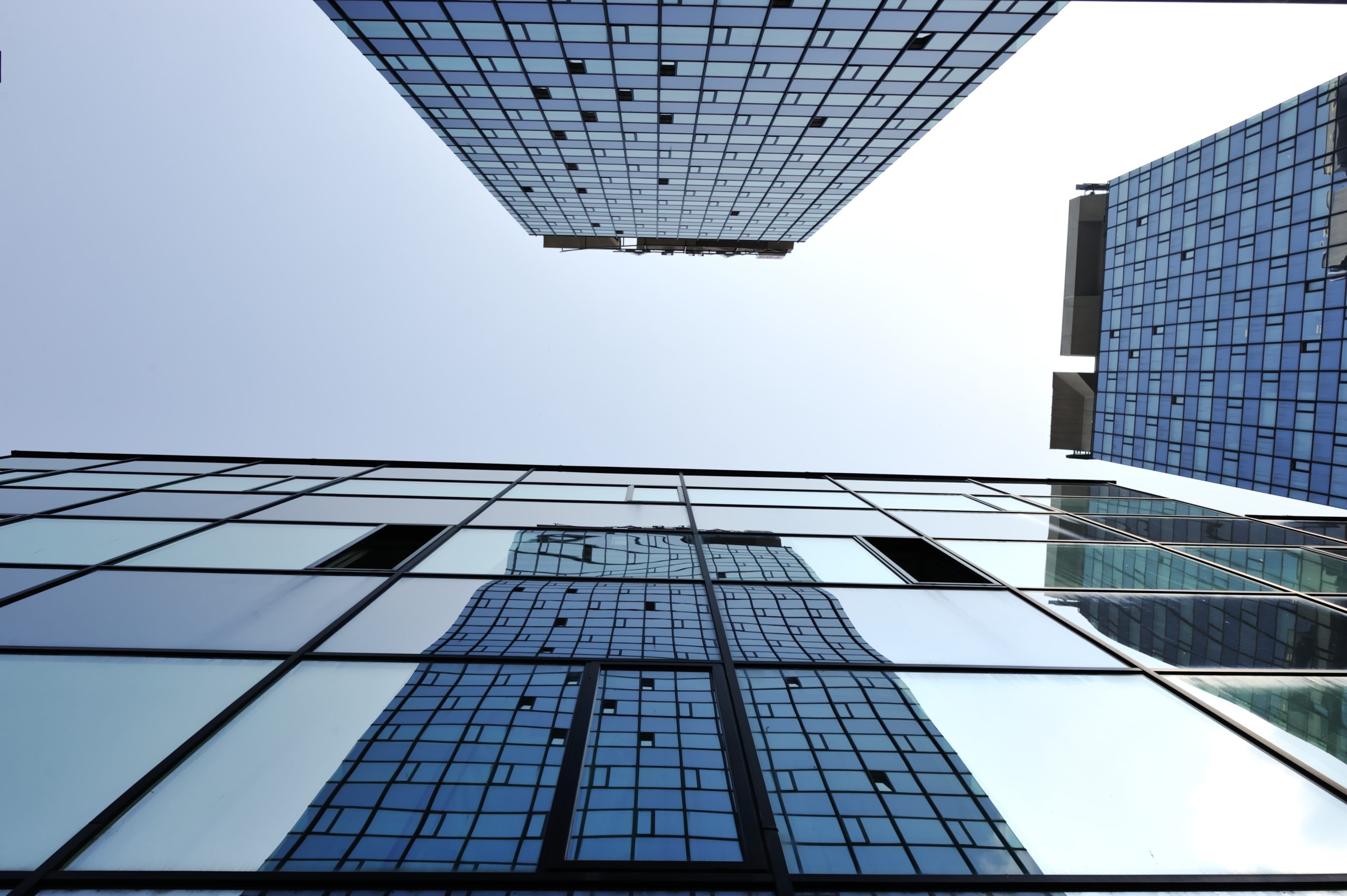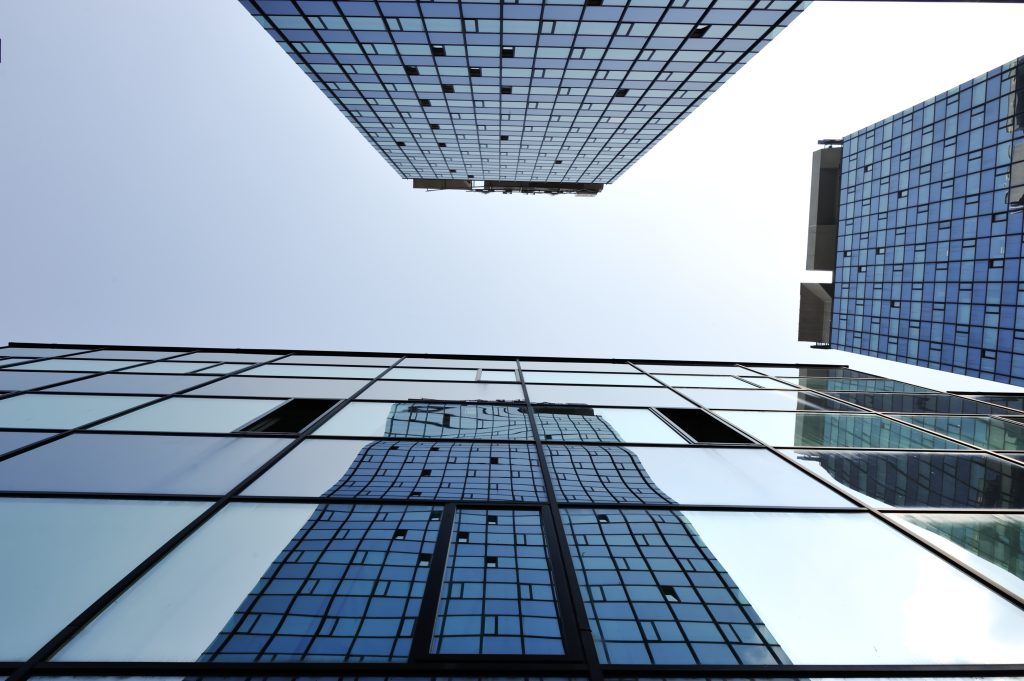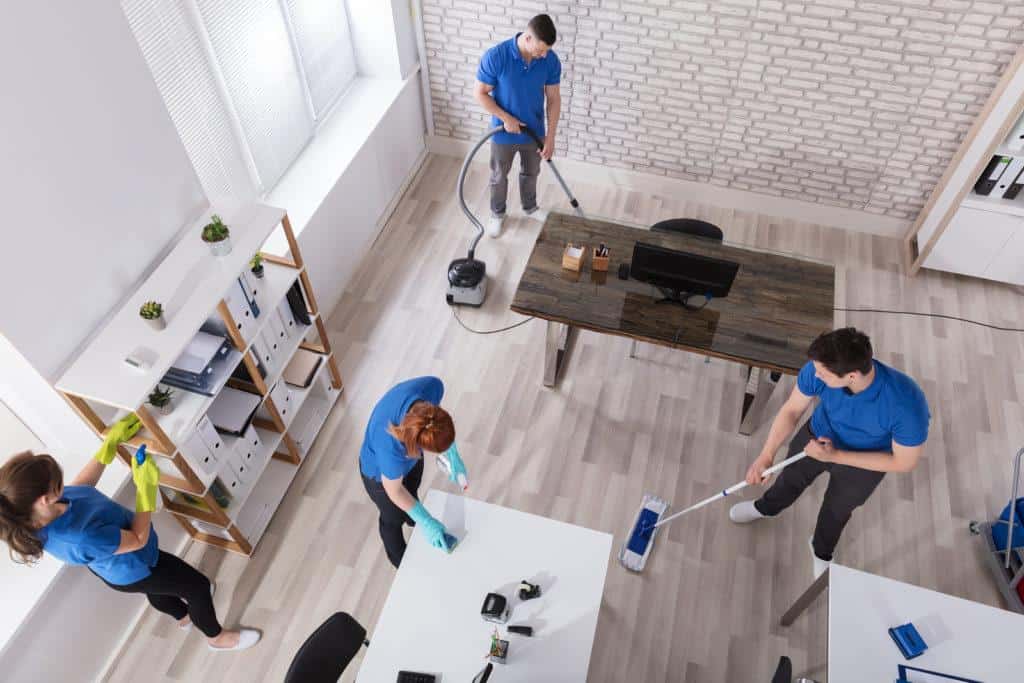Blog Post Title:
Introduction to Commercial Cleaning for Property Managers
Commercial cleaning is an essential aspect of property management. It involves the process of maintaining a clean, healthy, and safe environment in commercial spaces such as offices, retail stores, schools, hospitals, and other public areas. As a property manager, you are responsible for ensuring that your tenants have access to a clean space that promotes productivity and well-being. Regular cleaning not only improves the appearance of the premises but also helps prevent the spread of germs and bacteria, which can lead to illnesses among occupants.

Importance of Effective and Efficient Commercial Cleaning
Effective and efficient commercial cleaning is crucial for several reasons. Firstly, it enhances the overall image of the property, making it more attractive to potential tenants or buyers. A clean building reflects positively on the management’s commitment to providing quality services, leading to increased lease renewal rates and higher property values. Secondly, regular cleaning reduces the risk of accidents and injuries caused by slips, trips, and falls due to hazards like wet floors or scattered debris. Thirdly, effective cleaning minimizes the amount of dust, allergens, and pollutants in the air, creating a healthier indoor environment for occupants. Finally, proper cleaning extends the lifespan of furniture, fixtures, and equipment, reducing maintenance costs over time.
Common Challenges Faced by Property Managers in Commercial Cleaning
Despite its importance, commercial cleaning poses significant challenges for property managers. One common challenge is finding reliable and skilled cleaning staff who can perform high-quality work consistently. Another challenge is keeping up with changing cleaning standards and regulations, which vary depending on the type of facility being cleaned. Additionally, budget constraints may limit the resources available for cleaning supplies and equipment, forcing managers to prioritize tasks based on urgency rather than need. Finally, coordinating cleaning schedules around tenant activities and events can be difficult, requiring flexibility and communication between parties.
Best Practices for Commercial Cleaning as a Property Manager
To overcome these challenges, there are best practices that property managers should follow when implementing commercial cleaning programs. Firstly, establish clear guidelines and expectations for cleaning staff, including frequency of cleaning, standard operating procedures, and performance metrics. This will help ensure consistent results across different teams and locations. Secondly, invest in training and development opportunities for cleaning personnel, equipping them with the skills needed to deliver exceptional service. Thirdly, use technology and automation tools to streamline cleaning processes, reduce labor costs, and improve efficiency. For example, robotic vacuum cleaners can operate autonomously, freeing up staff to focus on other critical tasks. Fourthly, implement green cleaning methods using eco-friendly products and techniques that promote sustainability while minimizing environmental impact. Lastly, communicate regularly with tenants about cleaning schedules, any disruptions or changes, and how they can contribute to maintaining a clean and hygienic space.
Latest Technology and Equipment for Commercial Cleaning
The latest technology and equipment play a vital role in enhancing commercial cleaning outcomes. Some examples include microfiber cloths that trap dirt and grime better than traditional cotton rags, ionized water systems that produce antimicrobial solutions for sanitation purposes, and ultraviolet light machines that eliminate pathogens from hard surfaces. These technologies offer superior cleaning capabilities while reducing water usage, chemical consumption, and energy expenditure. They also provide faster drying times, lower noise levels, and improved safety features for operators.
Conclusion: Making Commercial Cleaning More Effective and Efficient for Property Managers
In conclusion, commercial cleaning is an integral part of property management, demanding effective and efficient strategies to achieve optimal outcomes. By following best practices, utilizing advanced technology and equipment, and communicating effectively with stakeholders, property managers can create cleaner, safer, and healthier environments for their tenants.


